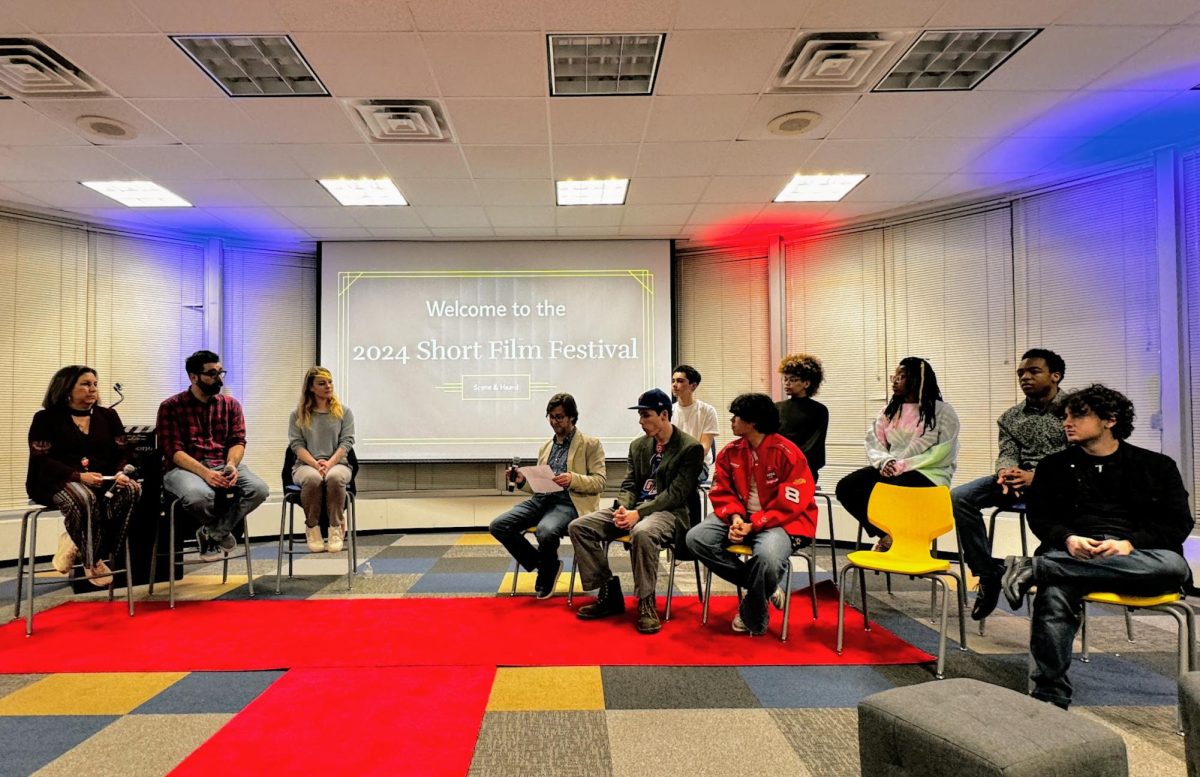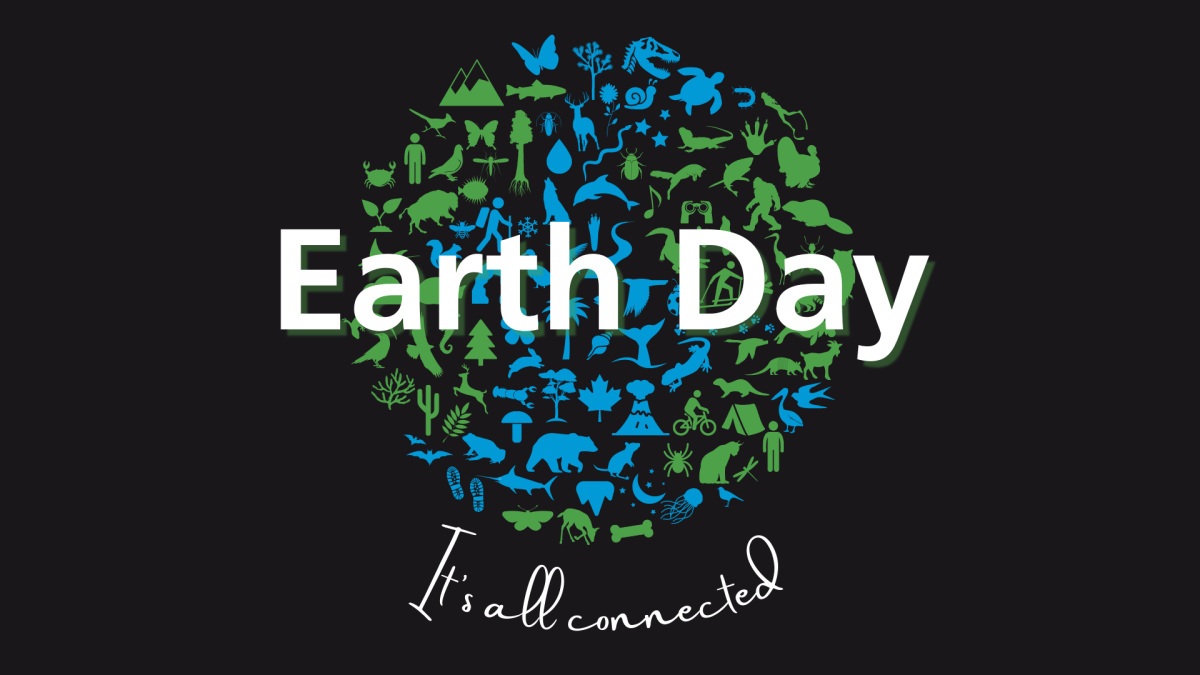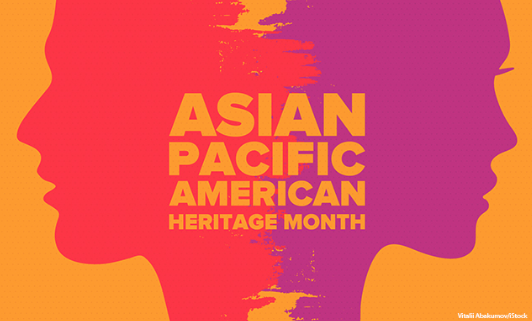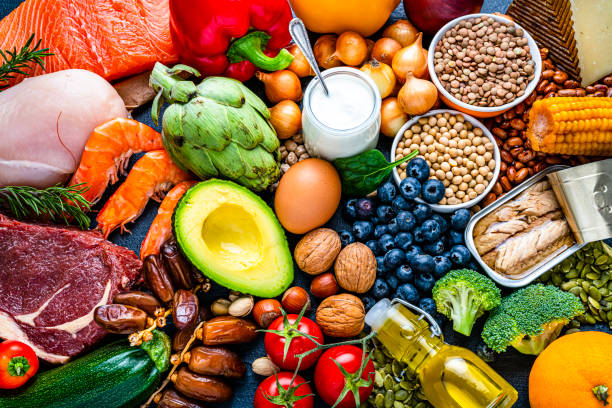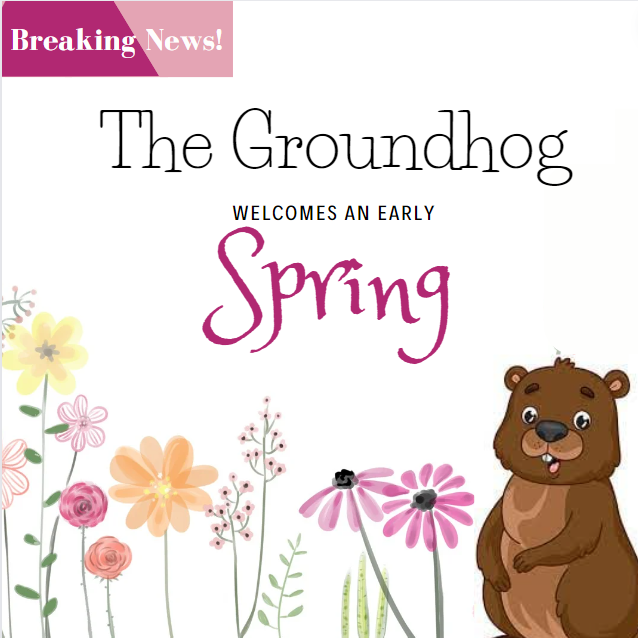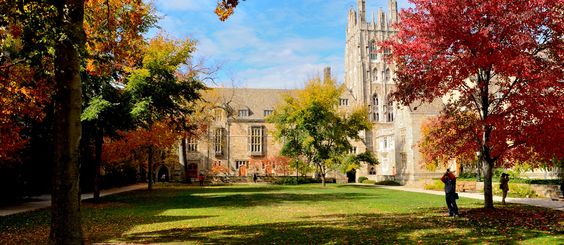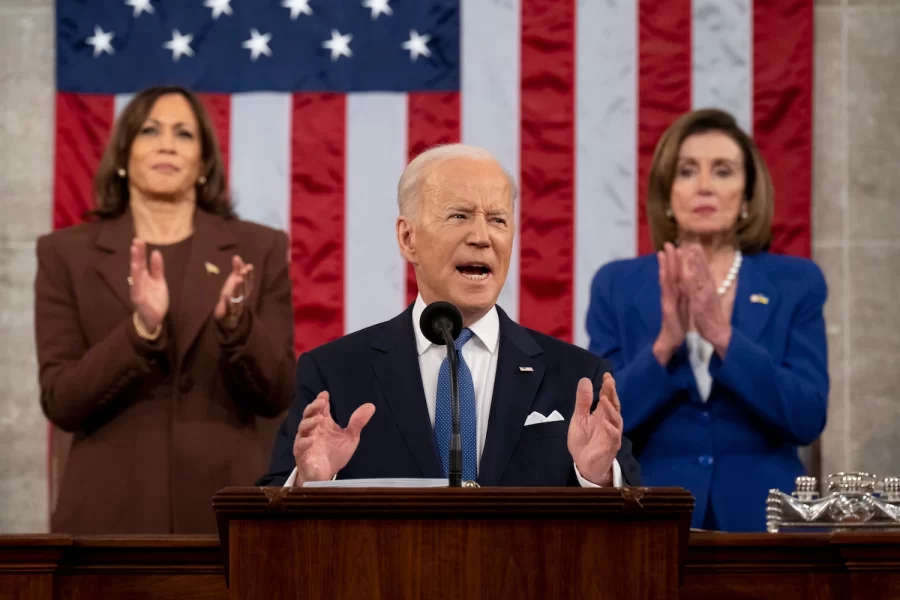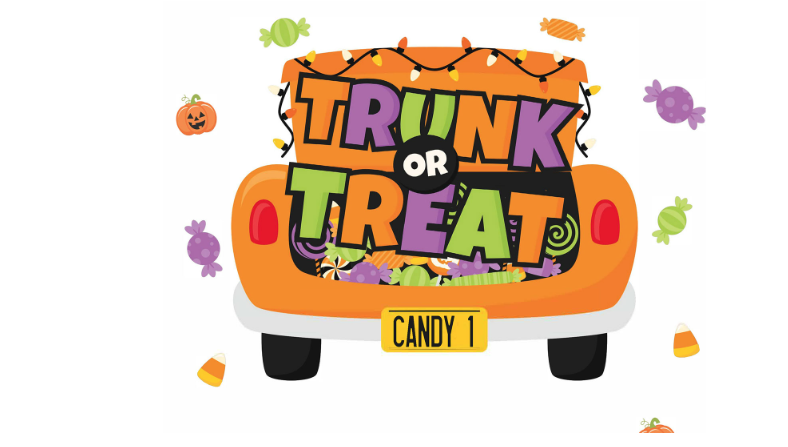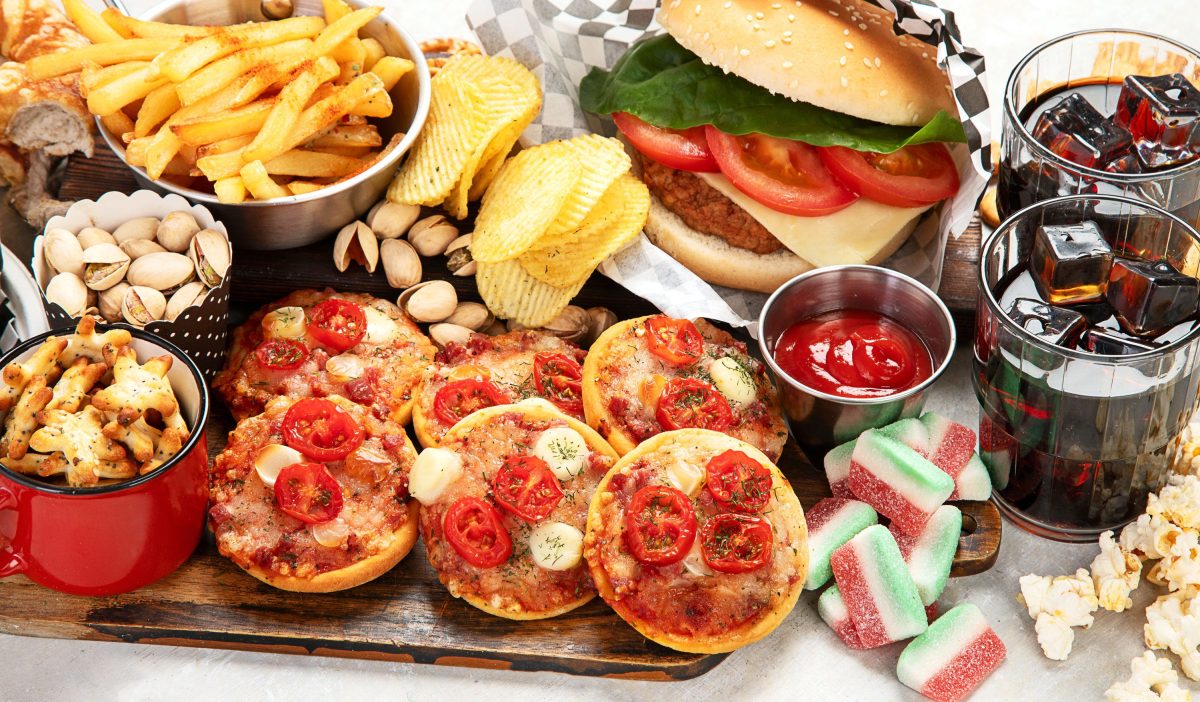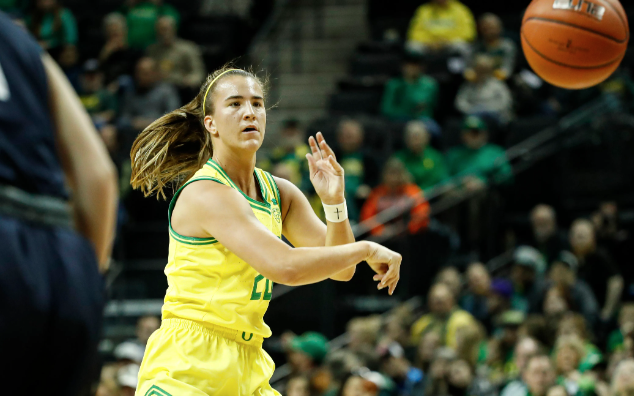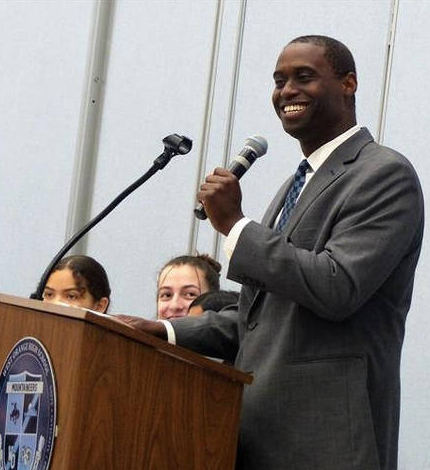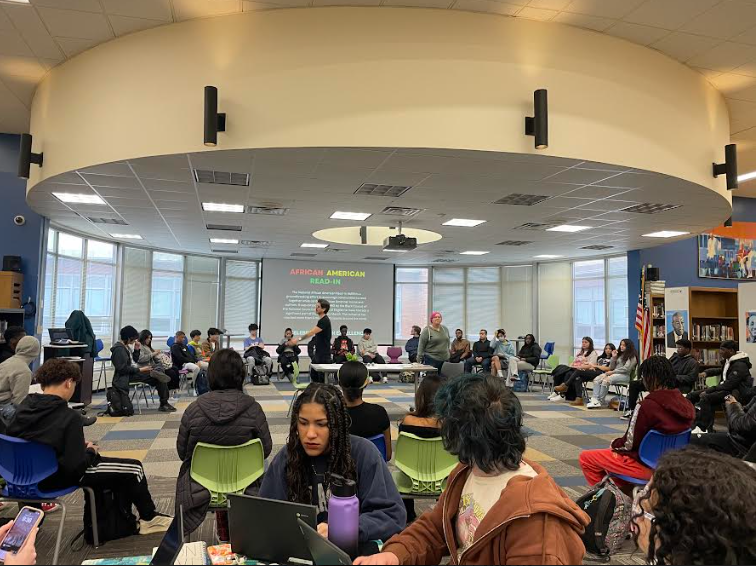“Recommendations for a place nearby that makes great Philly cheesesteaks?” This was probably the third such request I had seen on our town’s Facebook page in less than two weeks. My initial reaction was to suppress a yawn and to experience a sense of mild exasperation at people’s obsession with food; after all, an inordinate interest in food is generally viewed as unhealthy and perhaps even a bit pathological in our society. However, as I saw more queries and conversations about food and food recommendations on Facebook, I began to think about the reasons for this interest. Why do people like to get recommendations about food, although most restaurants nowadays have an online presence, which often includes customer reviews and feedback? This is in addition to websites like Yelp, which also provides hundreds of reviews of almost every food business. It appears that food conversations, over social media and elsewhere, have functions that go beyond just the food in question or even its quality and characteristics.
Food in/and Society
It would be clichéd to say that everybody needs to eat. More importantly, however, everyone has favorite foods and foods that they avoid or even intensely dislike. The discussion about food is often passionate and perhaps, at times, a bit raucous, but never boring. When it comes to taste, everyone is an expert, and there are no pushovers. In a society where people often appear jaded, food can effortlessly exorcise demons of apathy and indifference. Food discussions, when unpacked, are often debates about what we prize in life. Sometimes it could be sheer hedonistic preferences, while at other times, it could be deeply held moral values that are often being contested and debated in the form of food discussions.
It would not be an exaggeration to say that food is the great equalizer. We live in a time when popular foods such as burgers and even Ramen noodles have been upscaled with ever more expensive and deluxe versions vying for the customer’s stomach share. Sushi, once viewed as peasant food, is now the object of desire of the yuppy and the health-conscious alike. As such, the boundary between high and low foods has been practically erased. These aspects of food culture make food an ideal topic of conversation. Almost everybody has something to contribute, and no opinions can be deemed unworthy of consideration.
In a society where people are increasingly stuck in their own bubbles, there is a crying need for platforms and opportunities for socializing and discourse. Discussions of food, disagreements about the best sandwich or pizza joint or bakery, for that matter, and debating (the merits of each can provide an accessible topic for most people. In an otherwise polarized situation where disagreements can easily spiral into shouting matches and worse, food provides a relatively low-risk avenue for people to connect with each other.
Culinary Diversity and Cultural Diversity: Conjoined at the Hip?
We often hear laments about the world becoming homogenized due to the influence of globalization, mass media, and technology—all of which act to suppress cultural and linguistic diversity. Food, however, still retains the stamp of its local and regional origins. After all, no one can mistake New Jersey pizza for a Chicago-style pie—both of which have their diehard fans. One could even view food as one of the most powerful and distinctive attributes of communities. No wonder people on my town’s FB page want to get their community’s recommendations when it comes to their favorite foods. When making a decision to move, people take into consideration the amenities offered by a town. These include schools, public transport, parks, and, of course, restaurants. Residents often prefer locally-owned restaurants to national chains and it is not uncommon for them to personally know restaurant owners and vice versa. Many local food businesses actively participate in community events, sponsor athletic events, and contribute to other fundraisers.
Food Makes Us Human
In many ways, conversations about food and planning for meals are as old as humanity itself. Sometimes, when people have nothing to say to each other, they might ask each other if they have had their dinner. Family members often bring up ideas for dinner or lunch when they have run out of topics to discuss. Food, in other words, is a perfect tool to add conviviality and help break the ice and stony silences. Anthropologists have studied the role of feasts in tribal societies in marking important life events such as births, deaths, and weddings. In Papua New Guinea, tribal feasting marked the end of warfare and was a time to reduce the excessive number of pigs which could damage the environment. The rich and well-to-do had a particular obligation to share their wealth with other members of their society, which was often accomplished by throwing communal feasts. Similarly, the tradition of potlatch in the Pacific Northwest of America involved a Kwakiutl chief organizing a grand feast where he would give away all his wealth, including dried fish and berries, to demonstrate his generosity. The tradition of sharing food with the less fortunate now survives in the form of food pantries and soup kitchens, which are particularly active during the holidays when many people volunteer in these places.
The Healing Powers of Food
Food can help to bring people of different and even opposing political beliefs together. It is known that many of the political deals in Washington DC are struck in the steakhouses frequented by members of both parties. Breaking bread together can help heal past wounds and pave the way for dialogue. Even in a highly charged political dispute, such as the Israeli-Palestinian conflict in the Middle East, sometimes food can provide the common ground on which to seek understanding and alliances. “Hummus diplomacy” is used to describe the efforts to bring Israelis and Palestinians together based on their love of foods such as hummus.
One of the most visible symbols of multicultural America can often be found on any of the thousands of Main Streets dotting the country. One can often spot a Chinese restaurant and a Mexican taqueria practically in every downtown or strip mall all over the country, and increasingly, a variety of other ethnic cuisines such as Thai, Indian, Central American, and East Asian as well. This culinary richness speaks to the history of immigration and the intricate cultural tapestry that characterizes American society. In workplaces around the country, a potluck is a joyous occasion with a wide variety of ethnic, home-cooked foods represented. In schools and colleges, many students get introduced to diverse cultures, religions, and festivals through food—an introduction they are likely to savor and remember for a long time.
Across America, many cities have fallen on hard times as the country has deindustrialized and families have increasingly moved to suburban areas, enticed by their higher quality of life. The big thriving cities have fallen into disrepair and communities living there suffer from high rates of unemployment and often crime and other social problems. In this urban dystopia, food has yet again come to the rescue. A social movement has grown around the country that seeks to promote urban gardens as a way to revitalize inner-city communities. Not only do these gardens provide the much-needed fresh produce in areas that are often “food deserts,” but they also provide opportunities for members of communities to work alongside each other.
Food is far from trivial, and food talk is not simply a lazy way to waste time. Food tickles palates, bonds hearts, and stimulates social interaction and creative ideas. Food is the social glue that binds us together in myriad ways, even as it nourishes our bodies and souls. There is perhaps no better sign of a flourishing society than thriving food places and food banter that echoes in diverse social spheres—both real and virtual.
